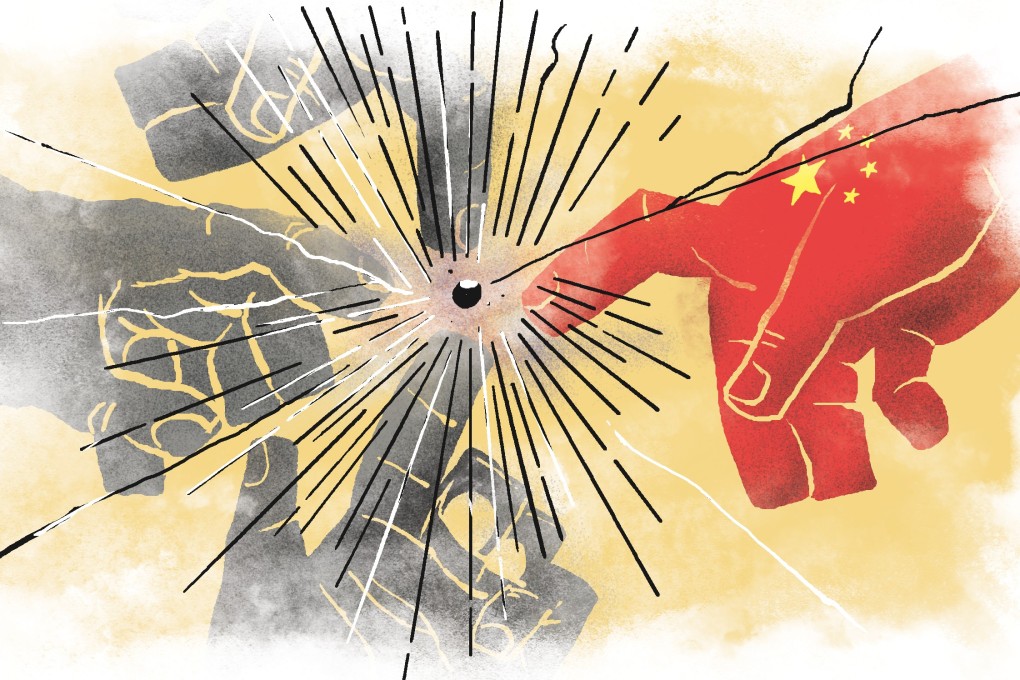Exclusive | Building a Higgs boson factory: China’s race to the frontier of physics
- One team in Beijing is leading the charge to create the next generation of giant particle colliders to unlock the mysteries of the fundamental forces of the universe
- But the quest is costly and complicated, and other teams are competing with the same ambition

When a series of collisions beneath the French-Swiss border seven years ago confirmed the existence of an elementary particle, it set off a chain reaction in the world of Chinese physicist Wang Yifang.
The subatomic crashes in the Large Hadron Collider – a massive, multibillion-dollar machine operated by the European Organisation for Nuclear Research (CERN) – had verified the existence of the elusive Higgs boson.
The confirmation of the “God particle” resolved a number of fundamental scientific debates stretching back generations and capped decades of work by thousands of researchers.
But for Wang, director of the Institute of High Energy Physics in Beijing, the moment was just the start of a new beginning.
“In the last 300 years, science has advanced so much because people studied molecules. Then they studied atoms. Then they studied the nucleus and then particles, leptons, and quarks … It’s hard to imagine it’s going to stop here,” he said.
For Wang, the next step was to come up with the next generation of particle collider, a factory that could generate Higgs boson particles en masse.
And he wanted China to build it.